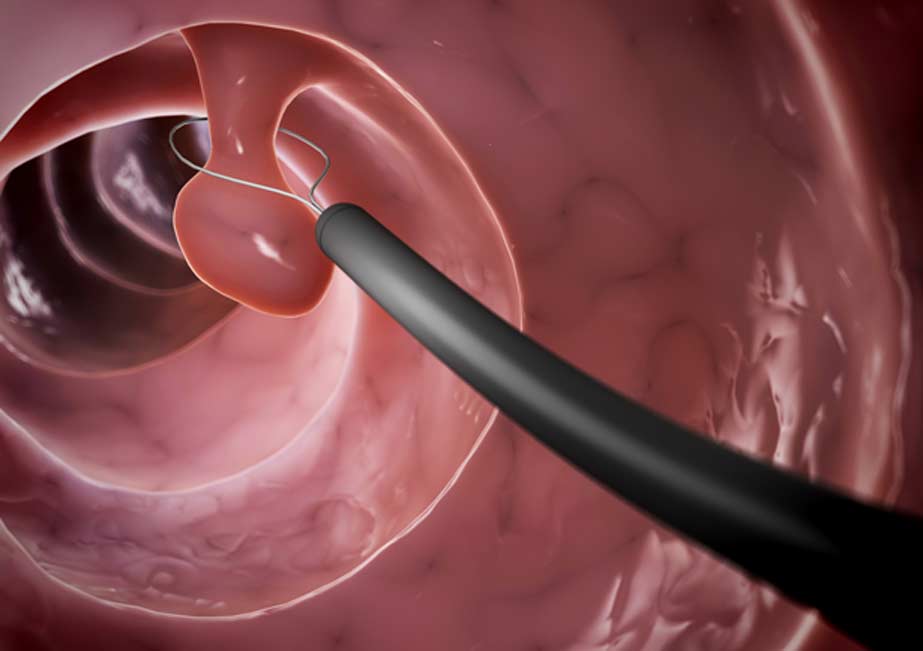Colorectal polyps are very common and affect around 20 to 30% of adults in the United States.
They are abnormal growths that develop from the epithelial cells that line the interior of the colon and rectum. Some of them have stalks and stick out into the interior of the bowel while others form flattened abnormal structures.
Symptoms
If a very large polyp develops, there can be visible blood in the stool, abdominal pain, or changes in bowel habits. However, most polyps cause no symptoms and are only detected during screening examinations for colorectal cancer, such as a colonoscopy. In general, all adults between the ages of 50 and 75 are urged to undergo regular colorectal cancer screening.
There are a number of different methods that can be used to screen for colorectal cancer, such as a colonoscopy every ten years or a fecal occult blood test every year; the best screening method for each individual should be decided upon during a consultation between the patient and their doctor.


Risks
Most polyps will never cause problems, but because a certain percentage of polyps go on to develop into colorectal cancer, doctors advise having any identified polyps removed as soon as possible. If a polyp is discovered during a colonoscopy procedure, it can usually be immediately removed during the procedure in a minimally invasive fashion. The excised tissue is then sent to a pathologist to determine if it is the type of polyp that might lead to cancer formation. In some rare cases, due to the location or size of the polyp, a simple surgical procedure may be necessary to remove it.
Outcomes
Removal of polyps can actually prevent colorectal cancer from developing. Once a polyp is removed, it is very unlikely to recur, but people who have developed one polyp often go on to develop additional polyps. Thus, patients who are found to have one polyp are usually advised to have frequent colonoscopies, such as every three to five years instead of the usual recommendation of one every ten years.
Prevention
Although genetics do play a strong role in the development of polyps, other modifiable risk factors have been identified. Losing weight, exercising regularly, and avoiding charred and processed meats (namely, charred steaks, cured hot dogs and bacon, and processed lunch meats) can reduce the risk of developing polyps and colorectal cancer. Smoking and excessive alcohol use have also been strongly linked to an increased risk of developing polyps and colorectal cancer.


